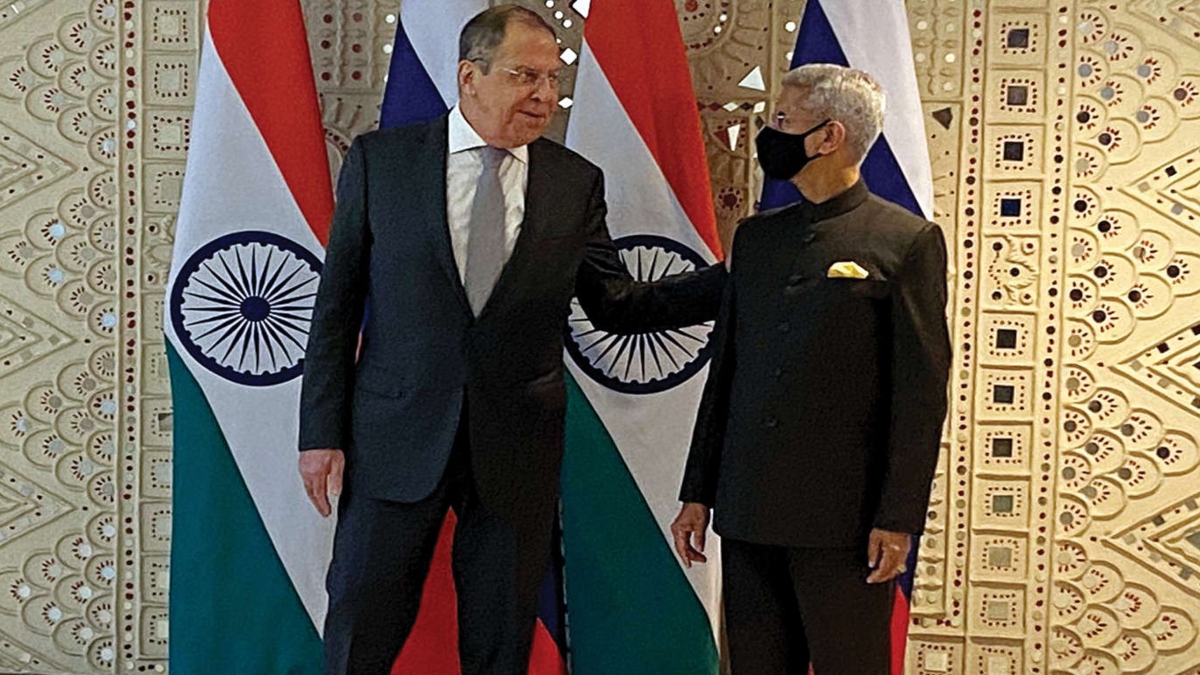


A very intriguing news surfaced this week, about the Russian Deputy Prime Minister, Yury Borisov, saying that India will be given the first opportunity to buy the next generation Russian air defence system S-500 after the system is provided to the Russian military. “India will probably be the first on the list if it expresses a desire to buy these”, Borisov was quoted as saying on Monday. Coming a week after Russian Foreign Minister Sergey Lavrov putting up a rather petulant show against the US while on Indian soil, in the context of the S-400 deal between India and Russia, there is reason to believe that Borisov’s utterances were not casual asides. They were a “bait” to catch a fish and were meant to muddy the waters between India and the US, by throwing an element of uncertainty into the ties. In fact, it was unseemly on Lavrov’s part to criticise a third country which is an important partner for India, while in India. It was a breach of protocol. Lavrov was deliberately provocative, using words such as, US was trying to make India “obey American orders” on the S-400 deal and “to follow the American vision of how this region should be developed”. If Mr Lavrov and his country were a true friend of India, they would not have tried to push India into a situation where sanctions by the US become a possibility.
Also, when he speaks of the US vision for the region, he conveniently ignores that Indian and US interests converge in the Indo-Pacific region. New Delhi is clear: that India and US have a “global strategic partnership based on shared democratic values and increasing convergence of interests on bilateral, regional and global issues”. At a time when the PLA is conducting “real combat drills” for anti-nuclear, chemical and biological warfare in Tibet, can India afford not to partner with the US? The Quad, comprising India, the US, Japan and Australia is bound to develop into a security alliance/partnership sooner or later, given the nature of the enemy—a communist-ruled China. It is to prevent an authoritarian bully such as PRC from turning the countries of this region into its vassal states that survive by paying tributes to the Middle Kingdom, that a collective vision of a free and democratic Indo-Pacific needs to be actualized. It is not just a US vision, but also India’s vision. That is where the convergence comes.
Also, it is interesting that the Russians keep reiterating the term Asia-Pacific, instead of Indo-Pacific. Asia-Pacific is a term favoured by China, for it proves China’s centrality. Indo-Pacific puts India at the centre, for there cannot be any containing of China without India. It is India’s soft power that can bind this region, not China’s pretend-softness when its goals are clearly strategic. In this battle of words, by hanging on to the term Asia-Pacific, Russia keeps revealing its hand; also by constantly denouncing the Quad and by criticising India’s participation in it. In reality, it is Russia that is following the Communist Chinese vision of how this region should be developed. It is in China’s interest that India gets sanctioned by the US for purchasing Russian strategic materiel. And what better way to do it than by getting Russia use its “leverage” with India in terms of the latter’s dependence on Russian arms to drive a wedge between India and the US?
Also, for how long does Russia expect India to prop up its defence industry? India will have to start building its own defence-industrial infrastructure, apart from diversifying the sourcing of materiel at a faster pace.
Russia needs to realise that while it expects India-US ties not to flourish at the cost of India’s ties with Russia, the vice versa is also true. India cannot sacrifice its ties with the US at the altar of India-Russia ties, especially when there is far greater convergence between the two democracies—be it in defence, security, trade or climate change, health and so many other areas—compared to India and Russia. And Russia’s closeness with China is not helping India-Russia ties. More importantly, Russia is not helping its own case by trying to land India in a situation where the latter is at the mercy of China.